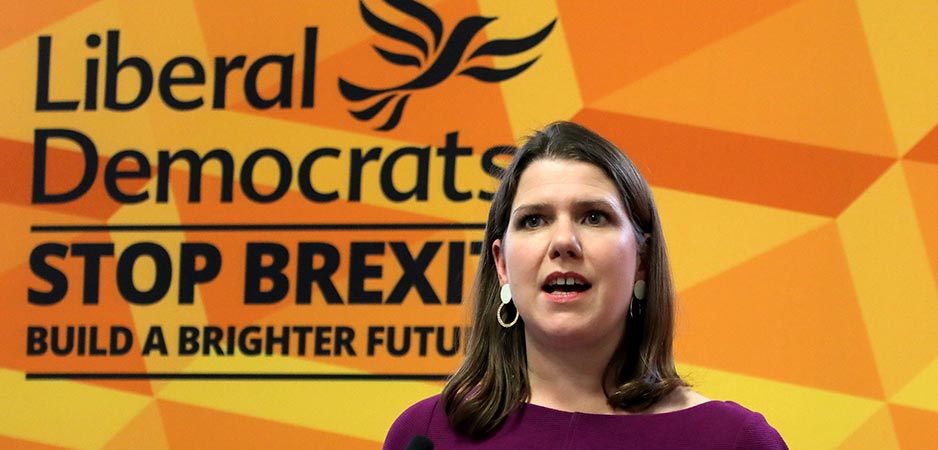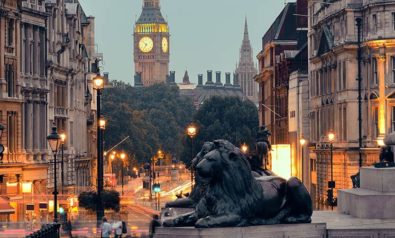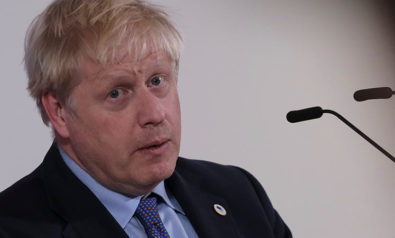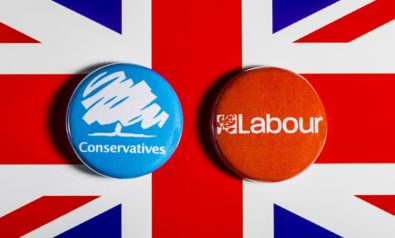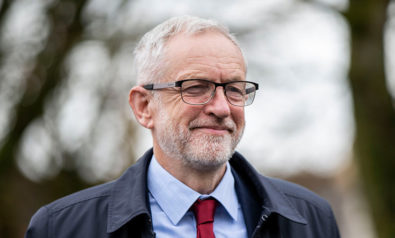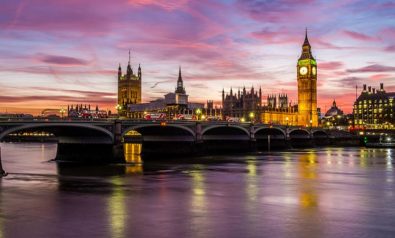This UK general election campaign has been an emotional roller coaster for the Liberal Democrats. In fact, 2019 has been a massively emotional year for the party, and if polls or the betting market are anything to go by, it promises to be even more emotional — perhaps painful — on December 13.
360˚ Context: Britain Faces a Historic Election
Less than three months ago, the Liberal Democrats were riding high in the polls when they gathered in Bournemouth for the party’s autumn conference. They were buoyed by their performance in both the local and the European elections earlier in the year, in addition to defections of the likes of Chuka Umunna and Sam Gyimah from Labour and the Conservatives, respectively. The latter of the two was introduced on stage at the conference to the loud cheers of the party faithful.
After Brexit
It appears that against this backdrop, the Lib Dems devised a general election strategy based on two pillars of out-remaining all “remainers” and running a presidential-like campaign aimed at contrasting the difference between Jo Swinson — a young mother of two from an ordinary background — with other main party leaders, all of whom are older men from privileged backgrounds.
Against this backdrop, senior party strategists briefed activists, donors, candidates and the media on the Liberal Democrats’ chances of securing a minimum of 80 seats in the event of a general election. Some even talked up the idea of the Lib Dems competing for 200 seats across the country. But fortunes change quickly during election campaigns. With the benefit of hindsight, one might be able to point out that the Liberal Democrats did a dismal job of managing expectations, both internally and externally.
Critics have argued that the party’s central electoral offer of revoking Article 50 and the PR campaign around Swinson were both ill-advised and poorly executed. Both were dropped mid-way through the election campaign, as the Liberal Democrats calibrated their message and concentrated on stopping Brexit and preventing Boris Johnson from gaining a majority.
This neatly brings us to the key question of this article: Is this election marking the end of liberal Britain in the age of extremes? The other version of this question, which points to the immediate urgency of this election, is the one which I have heard on the doorsteps over the past few weeks: What do the Lib Dems stand for beyond wanting to stop Brexit?
The response from the Lib Dems is clear: This election is first about stopping Brexit. But they also have a liberal vision that is firmly progressive and egalitarian, and marks their departure from “The Orange Book” orthodoxy that ruled the party during Nick Clegg’s leadership.
A Case for Liberal Britain
It’s fair to say that the Lib Dem manifesto is the most sensible of all the main political parties and has been praised by many across the board. The Resolution Foundation — an independent think tank focused on improving the standard of living of low and middle-income families — had stated that the Lib Dem “plans are the most progressive, the plans that will help the poorest people the most.” The independent Institute for Fiscal Studies had declared the Liberal Democrats as the only party with “economically credible” manifesto.
The Economist — the bastion of establishment neoliberals — had endorsed the Liberal Democrats as the best choice ahead of Thursday’s election. These endorsements make the Liberal Democrats the sensible political actors in the turbulent and divided world of British politics and further highlights the challenges faced by the Lib Dems and Jo Swinson in making liberalism a permanent fixture of the British political scene.
It is now clear that there’s no substantial market for the center-right liberalism mainly advocated by “The Orange Book” liberals who thrived under the leadership of Nick Clegg. In fact, every major study indicates that only an egalitarian version of liberalism can bring about prosperity for the Liberal Democrats and make them a permanent presence on the British political scene once again. The Liberal Democrat manifesto for this election is underpinned by the principles of egalitarian liberalism. This will be a long and challenging journey for the Liberal Democrats, but it’s their only path for breaking out of the existential threats that they’ve been dealing with for the past few years.
On the eve of the election, all indications point to a Conservative majority, but it’s still perfectly plausible that the electorate might vote in a hung Parliament. If that were to occur, the Liberal Democrats might be able to stop Brexit in conjunction with other political parties, but that entirely depends on how many seats the party is able to secure on December 12.
This general election is most certainly one of the most consequential in recent history. A majority for the Conservative Party will strengthen the case for a hard Brexit and will see the United Kingdom heading out of the EU with major consequences for the union as there will be restlessness in Northern Ireland and Scotland. Such an outcome will also mark the end of liberal Britain. But anything other than a Tory majority leaves the door open for the possibility of a softer Brexit or even remaining in the European Union via another referendum.
The views expressed in this article are the author’s own and do not necessarily reflect Fair Observer’s editorial policy.
Support Fair Observer
We rely on your support for our independence, diversity and quality.
For more than 10 years, Fair Observer has been free, fair and independent. No billionaire owns us, no advertisers control us. We are a reader-supported nonprofit. Unlike many other publications, we keep our content free for readers regardless of where they live or whether they can afford to pay. We have no paywalls and no ads.
In the post-truth era of fake news, echo chambers and filter bubbles, we publish a plurality of perspectives from around the world. Anyone can publish with us, but everyone goes through a rigorous editorial process. So, you get fact-checked, well-reasoned content instead of noise.
We publish 2,500+ voices from 90+ countries. We also conduct education and training programs
on subjects ranging from digital media and journalism to writing and critical thinking. This
doesn’t come cheap. Servers, editors, trainers and web developers cost
money.
Please consider supporting us on a regular basis as a recurring donor or a
sustaining member.
Will you support FO’s journalism?
We rely on your support for our independence, diversity and quality.


